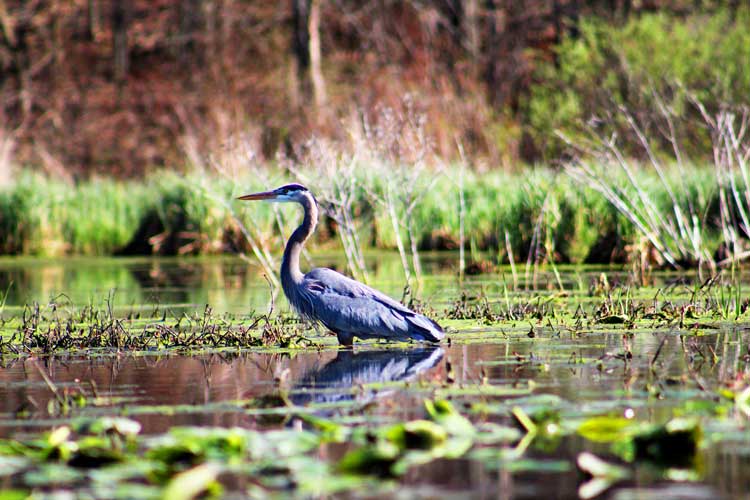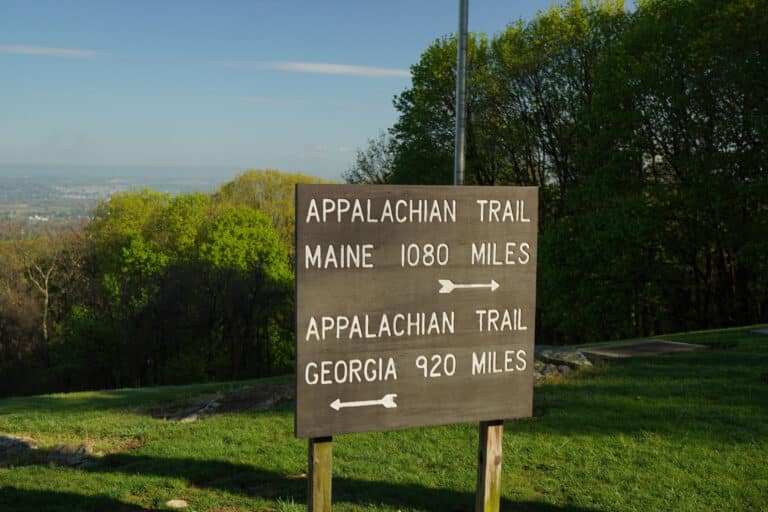The U.S. Environmental Protection Agency and the Army Corps of Engineers officially repealed the Clean Water Rule yesterday, which put in place critical protections for smaller bodies of water at risk of pollution like streams and wetlands.
Passed in 2015, the Clean Water Rule clarifies which bodies of water are covered under the landmark Clean Water Act. It formalized protections in less clear cases. It also protects wetlands that are not directly connected to large bodies of water. Wetlands cover roughly 110 million acres in the continental United States, filtering pollution from contamination runoff and replenishing groundwater. They also play a key role in the ecosystem.
The appeal makes it easier for oil companies, industrial sites, developers, and other polluters to contaminate these waters and ends an “egregious power grab,” Environmental Protection Agency Administrator Andrew Wheeler said. He adds that the 2015 rule provoked 31 states to file complaints and petitions for legal review. A new rule is expected to be finalized this winter.
The Clean Water Rule is based on years of research—the EPA and Army Corps officials reviewed 1,200 scientific publications and confirmed that streams and wetlands are connected to downstream waters in important ways.
“This unsubstantiated action is illegal and will certainly be challenged in court,” said Jon Devine, director of federal water policy at the Natural Resources Defense Council.
The EPA has already finalized 46 deregulatory actions under President Trump. Environmental Protection Agency Administrator Andrew Wheeler says the agency has “an additional 45 actions in development.”
“The repeal has been anticipated for a long time,” NPR’s Nathan Rott reports. He adds, “Developers, mining companies and farmers painted the regulation as a massive federal overreach. Environmental groups and the Obama administration argued wider protections are needed to protect the nation’s complicated water systems from pollution.”
Under the EPA’s new proposal, the Clean Water Act will only apply to wetlands adjacent to major bodies of water or connected to major bodies of water by surface water.







